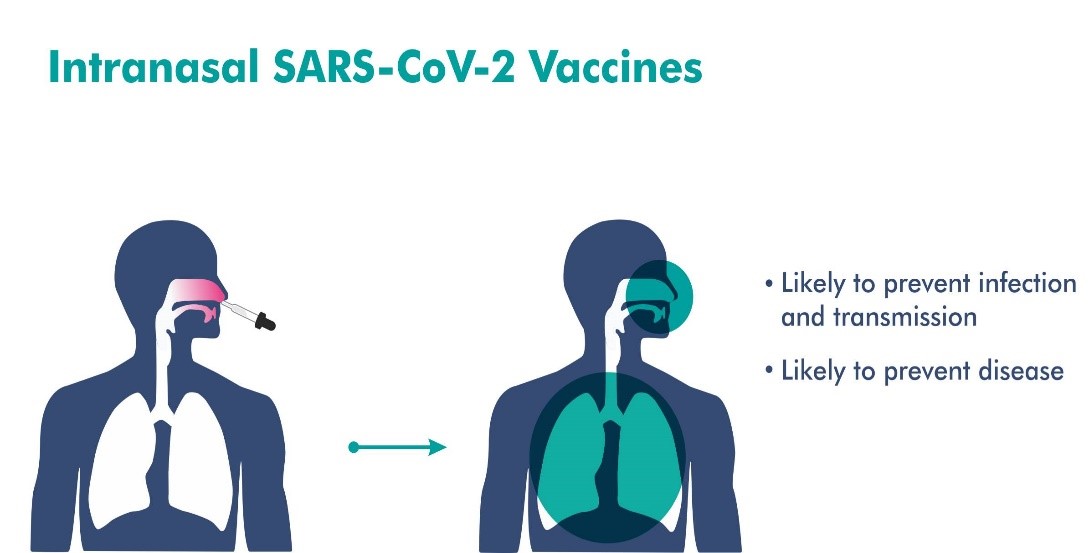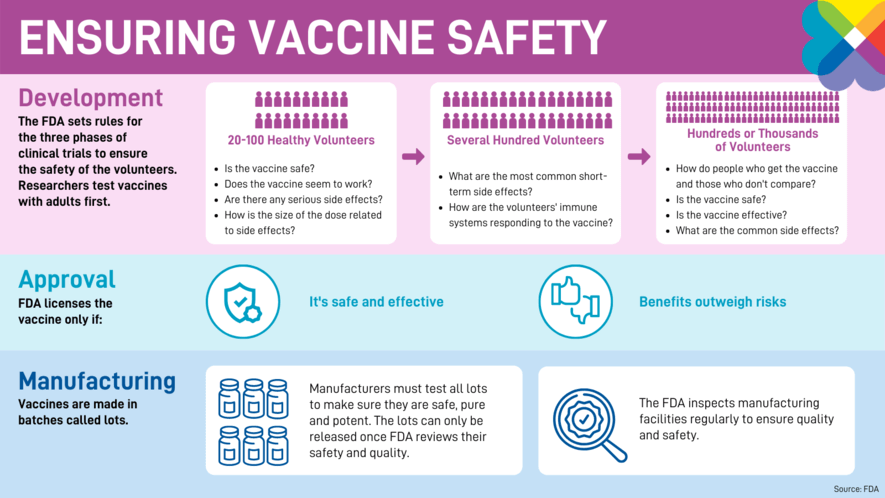What is Immunization or Vaccination?
The act of introducing a product (Vaccine) that stimulates a person’s immune system to produce immunity to a specific disease, protecting the person from that disease. Vaccines are usually administered through needle injections but can also be administered by mouth or sprayed into the nose.
Why to vaccinate your baby?
Immunity is the body’s way of preventing disease. When your baby is born, his/her immune system is not fully developed, which can put him/her at greater risk for infections. Vaccines reduce your child’s risk of infection by working with his/her body’s natural defenses to help safely develop immunity to disease.
Which are the vaccine preventable diseases?
Vaccines are available for below 18 life-threatening diseases. Over the years, these vaccines have prevented countless cases of disease and saved millions of lives.
- Tuberculosis
- Diptheria
- Pertussis
- Tetanus
- Hepatitis-A
- Hepatitis-B
- HiB
- Typhoid
- Mumps
- Measles
- Rubella
- Cervical cancer
- Polio
- Pneumococcal
- Meningitis
- Influenza/Flu
- Chickenpox
- Rotavirus
Are Vaccines safe?
Yes, Vaccines are very safe and effective. As vaccines are administered to millions of people across age group for several diseases they are bound to comply with high safety standards.
Each and every vaccine that is licensed and recommended undergo years of safety testing that includes:
- Testing and evaluation of the vaccine before it’s licensed by the Food and Drug Administration (FDA) and recommended for use by the Centers for Disease Control and Prevention (CDC)
- Monitoring the vaccine’s safety after it is recommended for infants, children, or adults
Once a vaccine is approved, it continues to be tested. The company that makes the vaccine tests batches to make sure the vaccine is potent, pure and sterile.
FDA reviews the results of these tests and inspects the factories where the vaccine is made. This helps make sure the vaccines meet standards for both quality and safety.
What are the risks and benefits of vaccination?
Vaccines is one of the best health investment that one can account for.
Vaccines can prevent many infectious diseases. Without vaccines, your child is at high risk of contracting illness which may turn out life threatening.
The only risks associated with getting vaccines are side effects, which are almost always mild (redness and swelling at the injection site) and go away within a few days. Serious side effects after vaccination, such as a severe allergic reaction, are very rare and doctors and clinic staff are trained to deal with them. The disease-prevention benefits of getting vaccines are much greater than the possible side effects for almost all children.
What are the side effects of Vaccination?
Vaccines, like any medication, may cause some side effects. Most of these side effects are very minor, like soreness or redness or swelling where the shot was given or a low-grade fever. These side effects typically only last a couple of days and are treatable. Serious reactions are very rare. However, if your child experiences any reactions that concern you, call the doctor’s office.
Get in touch with regular updates
How do I deal with post vaccination side effects?
As discussed, mild side effects post vaccination include fussiness, low grade fever or swelling or redness at the site where shot is given. These side effects will subside by its own in a day or two. But it is advised to use ice pack at the shot site, breastfeed your immediately pre and post vaccination. For fever, doctor prescribe paracetamol in particular dose according to baby’s age and weight and can be used to address low grade fever.
What is Combination vaccines?
Combination vaccines protect your child against more than one disease with a single shot. They reduce the number of shots and visits to doctor saving lot of time and money and giving ease to your baby. Some common combination vaccines are MMR for Mumps, Measles, Rubella and Tdap for Tetanus, Diptheria and Pertussis.
Does combination vaccine overload my baby’s immune system?
Parents sometimes worry that their child’s immune system will not be able to cope with receiving several vaccines at once. In fact, even a tiny baby’s immune system can cope easily. From birth onwards, a baby comes into contact with millions of germs every day. Babies’ immune systems are working all the time to protect them against bacteria and viruses in the environment. Vaccines represent a very small challenge to the immune system when compared to this. Each milliliter of blood contains ten million B cells, the white blood cells that are associated with the immune response. It is estimated that this would be enough to cope with thousands of vaccines at a time, meaning that a baby’s immune system is not stretched at all by receiving several vaccines at once. It is not a good idea to delay vaccinations to ‘spread the load’, because it leaves the baby unprotected against dangerous diseases for longer.
Why it is important to follow the schedule of each vaccine?
Young children have the highest risk of having a serious case of disease that could cause hospitalization or death. Delaying or spreading out vaccine doses leaves your child unprotected during the time when they need vaccine protection the most. For example, diseases such as Hib or pneumococcus almost always occur in the first 2 years of a baby’s life. And some diseases, like Hepatitis B and whooping cough (pertussis), are more serious when babies get them at a younger age. Vaccinating your child according to the CDC’s recommended immunization schedule means you can help protect him at a young age.
Why I need booster or repeated dose of few vaccines?
Getting every recommended dose of each vaccine provides your child with the best protection possible. Depending on the vaccine, your child will need more than one dose to build high enough immunity to prevent disease or to boost immunity that fades over time. Your child may also receive more than one dose to make sure they are protected if they did not get immunity from a first dose, or to protect them against germs that change over time, like flu. Every dose is important because each protects against infectious diseases that can be especially serious for infants and very young children.
What shall I do if I accidentally missed vaccine?
Remember that vaccinating your child at the recommended schedule is very important to prevent serious illness. Many unprecedented times lead to a missed or skipped vaccination. If this happens, please consult your pediatrician or doctor, find out which are the vaccines that you missed and immediately get it done.
Is it ok to skip or delay few vaccines?
Children do not receive any known benefits from following schedules that delay vaccines. Infants and young children who follow immunization schedules that spread out or leave out shots are at risk of developing diseases during the time you delay their shots. Some vaccine-preventable diseases remain common in the country and children may be exposed to these diseases during the time they are not protected by vaccines, placing them at risk for a serious case of the disease that might serious complications
How can I keep a complete record of vaccination?
Vaccination record is a very important health document of your child. It is very important to keep a complete track on immunization or vaccination schedule of your child. Please carry your vaccination card each time you visit doctor and get it updated. Carry the same card if your plan to shift to other city or plan to change your doctor. It happen many times when parent miss the hard or physical copies of this vaccination card. So the smart move is to have e-vaccination record which is accessible at any time or any place. This could be a great savior when your baby is getting school admission or you and your family is travelling international where this vaccination record is must.





